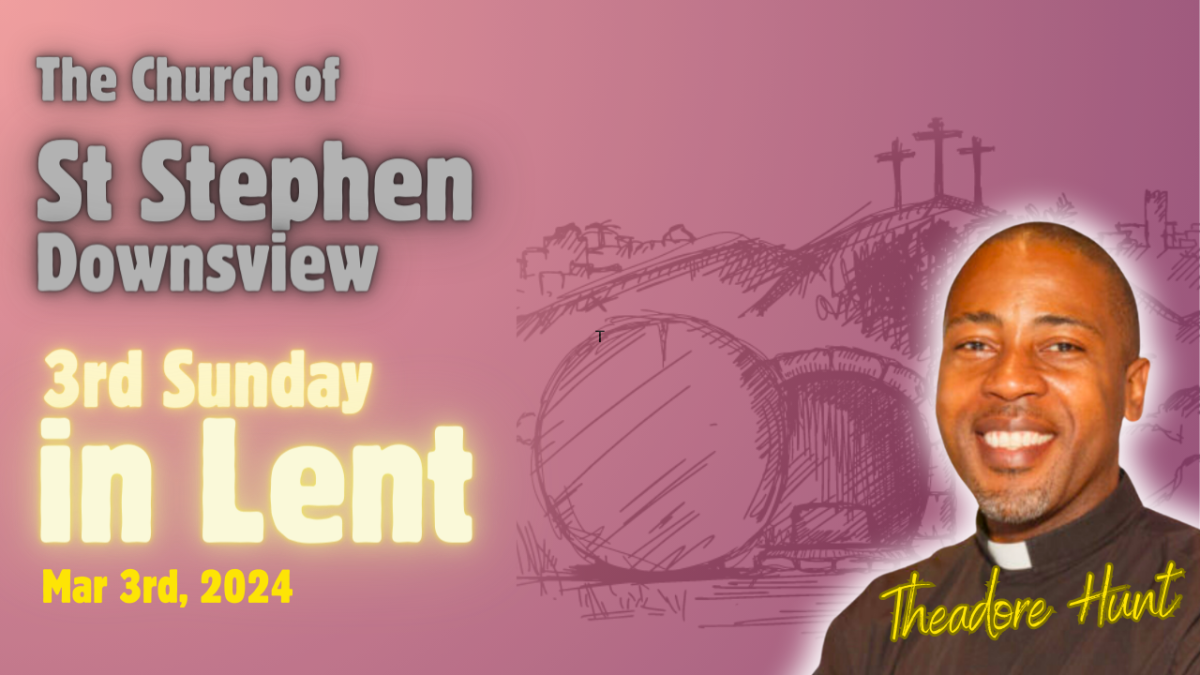 The crucifixion of Christ is a stumbling block to Jews and foolishness to Gentiles. This is because Jews wanted signs to believe in God, while Gentiles desired human wisdom to understand God.
The crucifixion of Christ is a stumbling block to Jews and foolishness to Gentiles. This is because Jews wanted signs to believe in God, while Gentiles desired human wisdom to understand God.
However, Jesus addressed this in Matthew’s gospel when he spoke about the sign of the prophet Jonah. Just as Jonah spent three days in the belly of a fish and emerged to proclaim a prophetic message of repentance, Jesus himself would rise from death on the third day. This resurrection would serve as the ultimate sign that Jesus was indeed the Messiah sent by God.
At the core of the gospel proclamation is Christ’s crucifixion, which necessarily precedes his resurrection. Through his crucifixion, God’s power to redeem and save humanity is displayed. It is not a human power but a divine power to save all of creation. This truth was reaffirmed for Theadore and others during their devotions at Stations of the Cross.
Consider the response during the devotions, where we say, “We adore you, O Christ, and we bless you. Because by your holy cross, you have redeemed the world.” This reaffirms the belief that in the cross and the crucifixion of Jesus, God’s power is revealed for the redemption and salvation of the world. This salvation extends beyond Christians and has a global impact.
In our study of Paul’s letter to the Ephesians, we are reminded of the grace of God. This grace, lavished upon humanity for salvation, is not initiated or originated by humans but is a gift from God. As Paul writes, “for by grace you have been saved through faith. And this is not your own doing; it is the gift of God, so that no one can boast.”
This is the reason why boasting about one’s salvation is not appropriate. Salvation is a gift from God and is brought about through Christ’s crucifixion and resurrection. It is not something we have earned or achieved through our own efforts. The salvation we receive is a humble and grateful response to the gift of salvation freely given by God.
Throughout history, various religious traditions have added layers upon the worship of God. The scripture readings presented in today’s script help chip away at these additional layers and bring us back to the heart of worship. The passage from Exodus reminds us of God’s teachings, given to guide our relationship with God and with one another. The gospel passage shows Jesus zealously restoring the temple to be a house of prayer rather than a place of profit.
We invite all readers, regardless of their religion or background, to reflect on what is ultimately important in their religious response to the one true and living God. Is it about specific rituals, beliefs, or external practices, or is it about prioritizing the values of Christ and recognizing him as the living God?
It is crucial to avoid dumbing down religious truth claims to fit within the wisdom of this age. Instead, Theadore encourages everyone to humbly receive with reverence and thanksgiving the gift of salvation freely lavished upon us through the crucifixion and resurrection of Jesus Christ. As Luke writes in the Acts of the Apostles, “there is salvation in no one else…by which we must be saved.”
No matter where we find ourselves, no matter our social location or religious affiliation, Jesus Christ has been crucified for each one of us. The only religious response that truly matters is our grateful and sincere reception of this gift. It is through our response and reception of the crucified one that we truly worship.
We conclude by stating that our relationship with God and with one another is defined by our response to this gift of salvation. Our salvation does not rely on our efforts to save ourselves but on God’s power to save us. All other ground is sinking sand.
Reflect on the power of Christ’s crucifixion teaches us the importance of accepting God’s gift of salvation with humility and gratitude. Regardless of our background or beliefs, we are invited to recognize Jesus as the living God and respond to His sacrifice with sincere worship. May we always remember the centrality of Christ’s crucifixion in the gospel message and allow it to transform our lives.
(c) The Church of St Stephen, Downsview 2024-03-03
